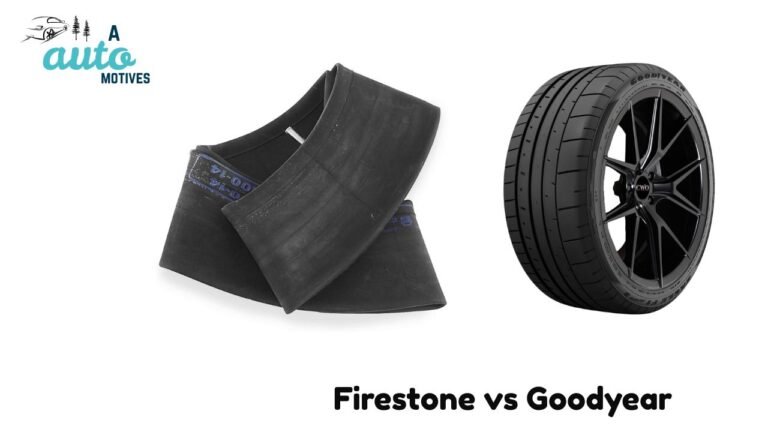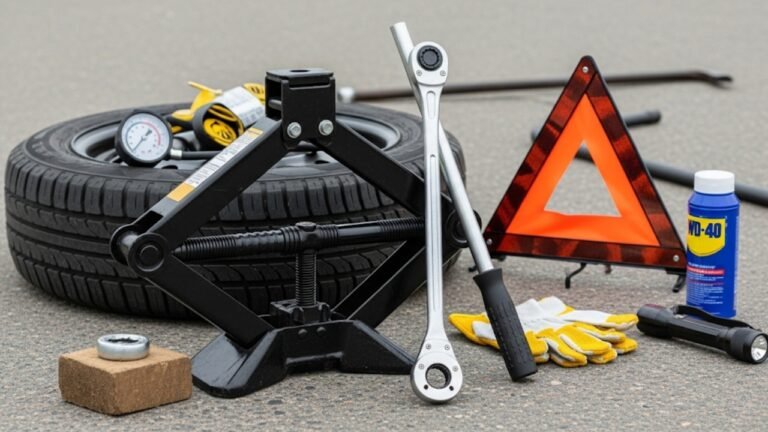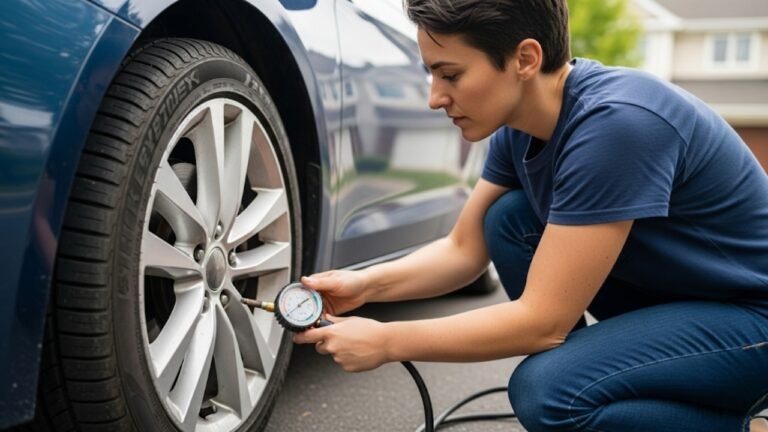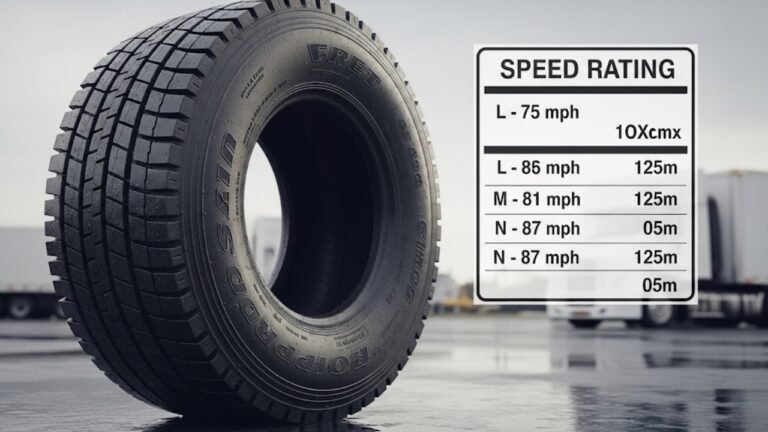Cooper vs Yokohama Tires: My Honest Review
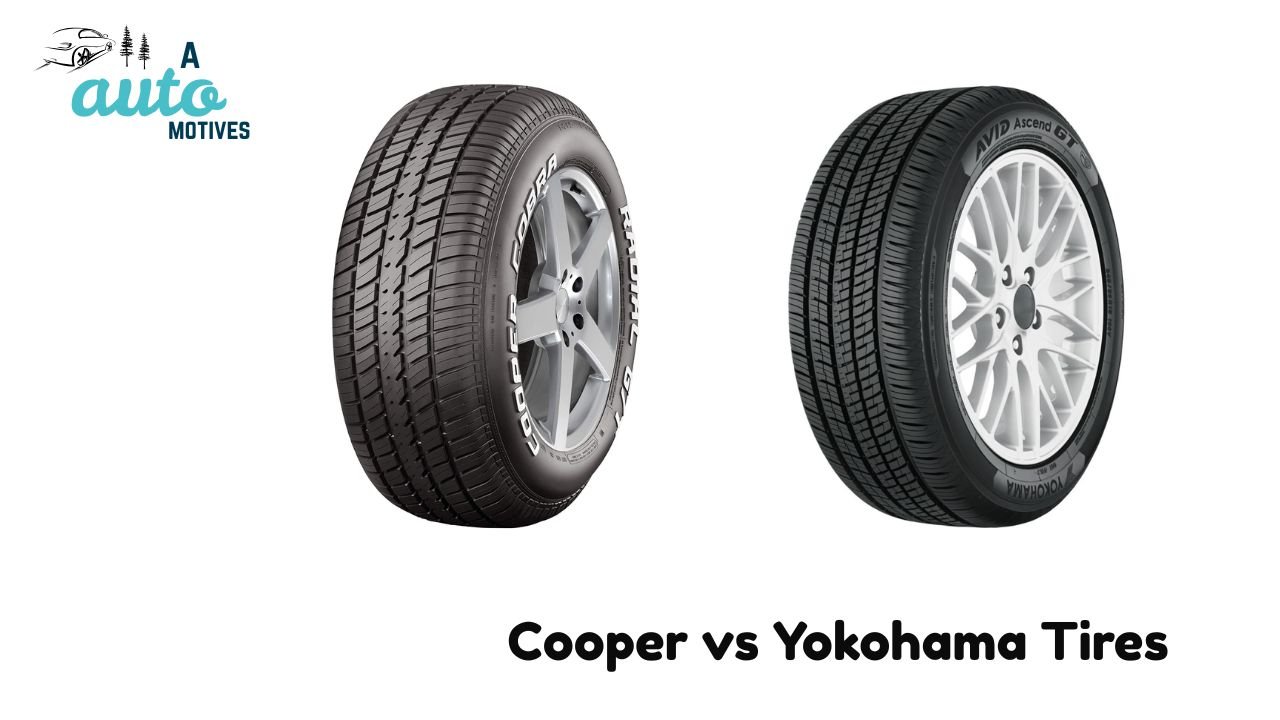
Choosing the right tires sometimes feels like picking the right shoes for your lifestyle. Some pairs are tough and rugged, built for hiking up rocky paths. Others are sleek, stylish, and designed to glide comfortably through city streets. That’s exactly how I see the battle between Cooper and Yokohama tires. Both brands have loyal fans, both have strong reputations, but they shine in different ways.
Over the years, I’ve had the chance to drive with both Cooper and Yokohama on different cars. From long road trips on hot highways to slow crawls through rainy city traffic, I’ve tested them enough to form a clear picture. Today, I want to share my honest thoughts—not the marketing promises, but what it actually feels like to use them day after day.
If you’ve been wondering whether Cooper or Yokohama fits your driving needs better, stick with me. I’ll walk you through the pros, the flaws, and the real-world differences I noticed.
Cooper Tires: Tough and Dependable
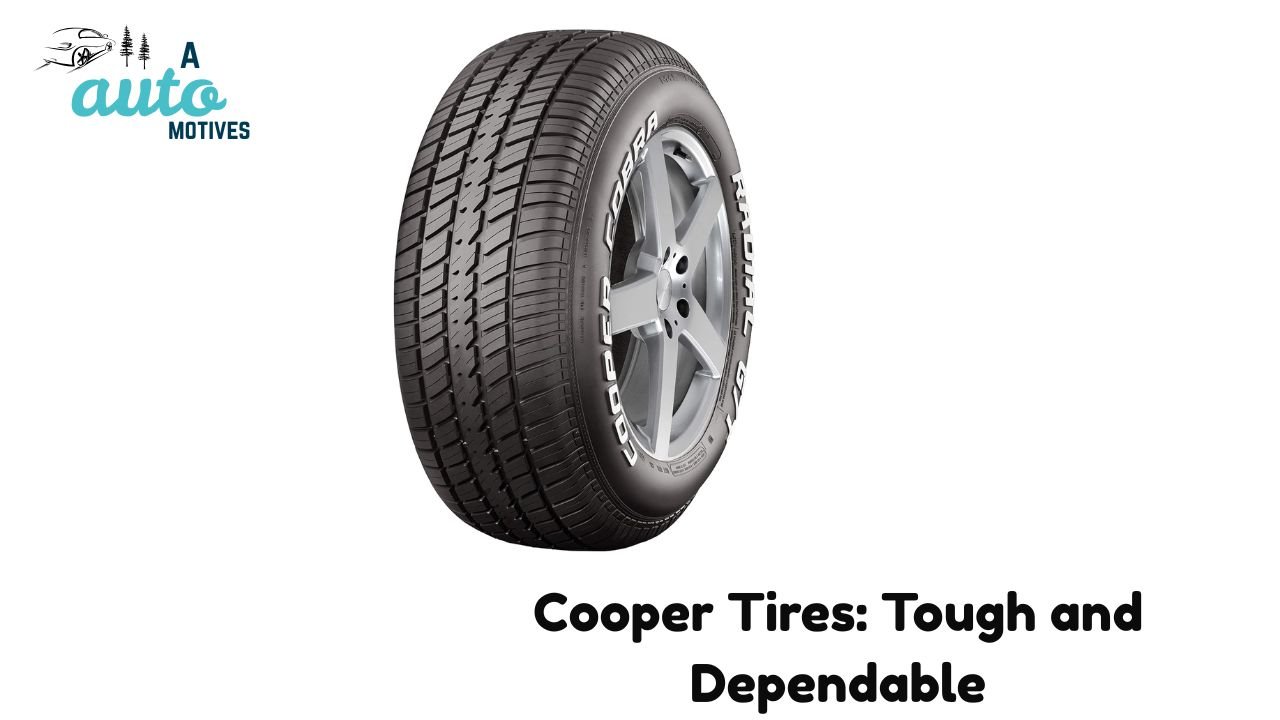
My first experience with Cooper tires came years ago when I needed a budget-friendly option that could still handle long drives. I wasn’t looking for luxury, just something reliable. What surprised me was how much more they gave me than I expected.
What Stands Out About Cooper
-
Strong Traction – On dry pavement, Cooper tires grip well. Even in heavy rain, I didn’t feel like the car was losing control. They give you that sense of security you need when weather conditions change suddenly.
-
Durability – These tires are built to last. I’ve driven tens of thousands of miles on one set, and the tread still held up far better than I anticipated.
-
Comfortable Ride – Compared to some other mid-range brands, Cooper does a nice job at reducing bumps. The ride feels smooth and stable.
-
Affordable Value – Price matters. What I like about Cooper is that they offer dependable quality without asking you to empty your wallet.
-
All-Season Reliability – From summer heat to mild winter snow, they perform steadily. I wouldn’t call them extreme winter tires, but for everyday use, they’re more than capable.
Where Cooper Could Improve
Of course, no tire is perfect.
-
Deep Snow Challenges – In heavy snow, they aren’t as strong as dedicated winter tires. I’ve had to use snow chains when driving in mountain regions.
-
Fuel Efficiency – Some Cooper models seem to drag a bit, slightly lowering gas mileage. It’s not dramatic, but noticeable over time.
-
Limited for Hardcore Off-Roading – While great on gravel and light trails, they aren’t the first choice for serious rock crawling or mud pits.
My Personal Experience with Cooper
I drove a mid-size SUV equipped with Cooper tires for over two years. Those tires handled daily commutes, weekend road trips, and even the occasional unpaved back road. The tread pattern gave me confidence on wet roads, and the sidewalls felt sturdy enough to take minor hits without damage.
One thing I remember clearly: driving through a summer rainstorm on the highway. Cars around me were slowing nervously, but I still felt in control. That’s when I realized how much I trusted these tires. They weren’t flashy, but they delivered peace of mind.
For anyone who wants a reliable, no-nonsense tire that balances performance and affordability, Cooper deserves a serious look.
Yokohama Tires: Smooth and High-Tech
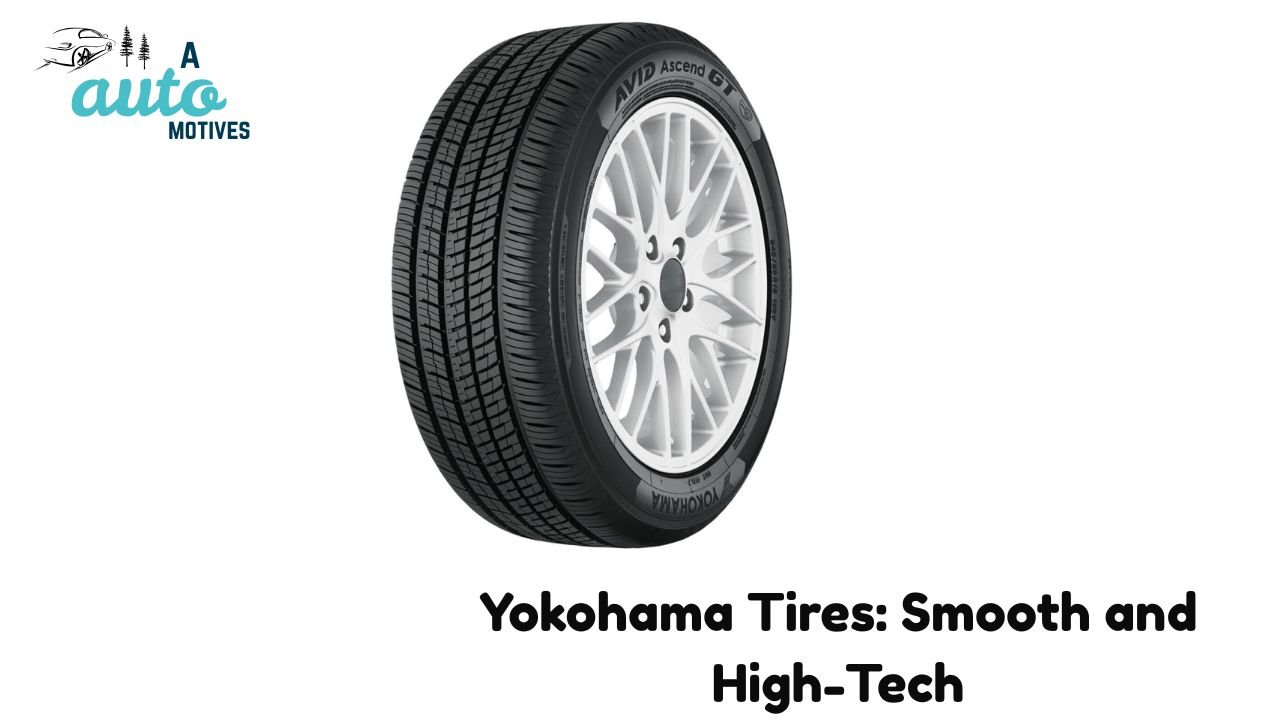
Now let’s talk about Yokohama. If Cooper feels like the reliable work boots, Yokohama is the stylish pair of sneakers engineered for both comfort and speed. These tires are designed with technology in mind, and that difference is obvious once you drive on them.
What Stands Out About Yokohama
-
Excellent Traction – On both dry highways and rain-soaked roads, they grip impressively well. I felt especially confident driving through sharp turns.
-
Fuel Efficiency – This is where Yokohama really shines. The rolling resistance is low, which means your car doesn’t have to work as hard, and your gas mileage improves.
-
Smooth and Quiet – Long road trips feel less tiring because Yokohama tires absorb bumps and reduce road noise better than many brands I’ve tested.
-
Durability with Style – The tread wears evenly, and the rubber compound feels premium. After thousands of miles, they still looked and performed like they had plenty of life left.
-
Technology-Driven – Yokohama invests in advanced designs that balance grip, efficiency, and handling. You can feel the engineering in how stable they stay at high speeds.
Where Yokohama Could Improve
Still, they aren’t without drawbacks.
-
Winter Limitations – Like Cooper, they struggle in deep snow or icy roads unless you go for a winter-specific model.
-
Price – Yokohama sits in a slightly higher price bracket. For some drivers, that’s justified by the comfort and technology, but it’s worth noting.
-
Not a True Off-Road Tire – They can handle dirt and gravel, but they’re not made for hardcore off-road adventures.
My Personal Experience with Yokohama
I had Yokohama tires fitted on a sedan I drove regularly for both work and family trips. What struck me first was how quiet they were, even on rough highways. Long drives felt less stressful because of that reduced noise and smooth handling.
I also noticed a bump in fuel efficiency compared to my old set of tires. It wasn’t massive, but over months of driving, it saved me enough on gas to make a difference. For someone who spends a lot of time on highways, that’s a win.
What I enjoyed most was the precise steering response. In city traffic, lane changes felt crisp. On highways, cornering felt steady. It’s that extra touch of performance that makes Yokohama stand out from Cooper.
Cooper vs Yokohama: The First Impressions
After using both brands for years, I can say this:
-
Cooper feels like the practical, dependable friend who’s always there for you, no matter the weather.
-
Yokohama feels like the refined buddy who brings comfort and efficiency, making every ride a bit more enjoyable.
Both are trustworthy, but they serve different driving personalities. Cooper is great if you want rugged durability and value. Yokohama is perfect if you want comfort, fuel efficiency, and a quiet ride.
In the second half of this review, I’ll dive deeper into head-to-head comparisons: tread design, durability, off-road vs on-road performance, comfort levels, pricing, and more. This will help you clearly see which brand matches your driving lifestyle.
Cooper vs Yokohama Tires: Detailed Comparison
When it comes down to choosing, the real decision lies in the details. I’ve broken it down into categories so you can see how Cooper and Yokohama truly compare.
Tread Design and Grip
Cooper tires lean on deep tread patterns, which are fantastic for channeling water and tackling rougher roads. That makes them dependable in wet weather and on uneven surfaces. Yokohama, on the other hand, focuses on advanced tread compounds. Their designs are more about road performance—steady grip on dry highways and extra control in the rain.
If you’re driving mostly on highways or city roads, Yokohama feels like a winner here. But if you’re often on mixed terrain, Cooper gives you more bite.
Verdict: Cooper for rugged grip, Yokohama for precision on pavement.
Durability and Tread Life
Here’s where Cooper really makes a strong case. Their tires are built for mileage, often lasting anywhere from 50,000 to 70,000 miles if cared for properly. They thrive under tough use and don’t wear out quickly.
Yokohama tires, while durable, tend to focus more on even tread wear than outright lifespan. You’ll usually get around 40,000 to 60,000 miles from them. The upside is that the performance feels consistent until the very end.
Verdict: Cooper for longer life, Yokohama for smooth consistency.
Comfort and Road Noise
If you’ve ever driven long hours, you know how road noise can wear you down. This is where Yokohama shines. Their engineering makes the ride quiet, cushioned, and less fatiguing. I found Yokohama tires noticeably quieter, especially on highways.
Cooper, while still comfortable, doesn’t quite match Yokohama in noise reduction. They absorb bumps well but let a bit more road sound through.
Verdict: Yokohama takes the win for comfort and quiet rides.
Off-Road vs On-Road Performance
Cooper’s reputation in off-road situations is strong. The deep treads, sturdy sidewalls, and tough build mean they can handle dirt, mud, and rocky paths better than Yokohama. I wouldn’t hesitate to take Coopers on a camping trip with unpaved trails.
Yokohama isn’t weak, but their focus is clearly more on-road. They offer stable cornering, high-speed comfort, and precise steering. Off-road trails are fine for light use, but they’re not built for hardcore adventures.
Verdict: Cooper wins for off-road, Yokohama wins for smooth highways.
Temperature and Weather Performance
Cooper tires hold up well in hot conditions. I’ve driven them in blazing summer heat without any sign of wear or cracking. They also do fine in mild snow but struggle in deep winter conditions without chains.
Yokohama adapts better to colder climates. Thanks to silica-rich compounds, they maintain grip in lower temperatures. Their winter-focused models like the iceGUARD handle icy conditions better than standard Coopers.
Verdict: Cooper is better for heat and rugged climates, Yokohama is better for colder, icy regions.
Fuel Efficiency and Technology
One of Yokohama’s biggest advantages is their emphasis on reducing rolling resistance. That translates to better fuel economy. On my sedan, I saw a small but consistent improvement in mileage with Yokohamas compared to Coopers.
Cooper doesn’t lag far behind but focuses more on durability than fuel savings. You might spend a little more at the pump, but you’ll make it up in tread life.
Verdict: Yokohama leads in fuel efficiency, Cooper leads in long-term durability.
Pricing and Value
This is where many buyers make their final decision. Cooper is the more budget-friendly option. For the performance they offer, the price tag feels fair, sometimes even a bargain.
Yokohama is pricier, but you’re paying for advanced technology, quieter rides, and better efficiency. If you drive mostly in cities or highways, the higher price may be worth it for comfort and savings on fuel.
Verdict: Cooper for affordability, Yokohama for high-tech comfort.
My Honest Take
If I had to sum it up:
-
Choose Cooper if you want a rugged, dependable tire that lasts a long time, handles mixed terrain, and doesn’t break the bank.
-
Choose Yokohama if you want a smooth, quiet ride with advanced engineering, better fuel efficiency, and high-speed stability.
It’s not about which is “better” overall—it’s about which is better for your driving lifestyle. I know drivers who swear by Cooper because they live in rural areas and need that toughness. I also know friends who won’t drive on anything but Yokohama because they love the quiet highway comfort.
Personally, I see Cooper as the better all-around option for budget-conscious drivers who need reliability in rougher conditions. But if comfort and efficiency matter most to you, Yokohama is worth the extra investment.
FAQs: Cooper vs Yokohama Tires
Which lasts longer, Cooper or Yokohama?
Cooper generally lasts longer in terms of tread life, especially for SUVs and trucks. Yokohama wears more evenly but may need replacement sooner.
Are Yokohama tires better in snow?
Yes, especially their winter lines. Standard Yokohamas handle light snow, but their iceGUARD series is excellent for icy conditions.
Are Cooper tires good for off-road use?
Absolutely. Their deeper treads and tough build make them a solid choice for dirt, mud, and rocky paths.
Do Yokohama tires save fuel?
Yes, many Yokohama models are designed with low rolling resistance, which improves fuel economy over time.
Which is better for city driving?
Yokohama is the clear winner here. The quiet ride, smooth handling, and fuel savings make them perfect for city and highway use.
Which is better for budget buyers?
Cooper. They offer excellent value for the price and last longer in tougher conditions.
Final Thoughts
At the end of the day, Cooper and Yokohama aren’t rivals in the traditional sense—they’re simply built for different drivers. Cooper gives you toughness, value, and dependability. Yokohama gives you refinement, comfort, and efficiency.
The choice comes down to where you spend most of your driving time. For rugged roads, rural commutes, or budget-conscious shopping, go with Cooper. For highways, city driving, and a quieter, more comfortable ride, Yokohama is worth the splurge.
Either way, you’re not making a bad choice. Both brands have earned their place on the road—and in my experience, both have delivered when I needed them most.

